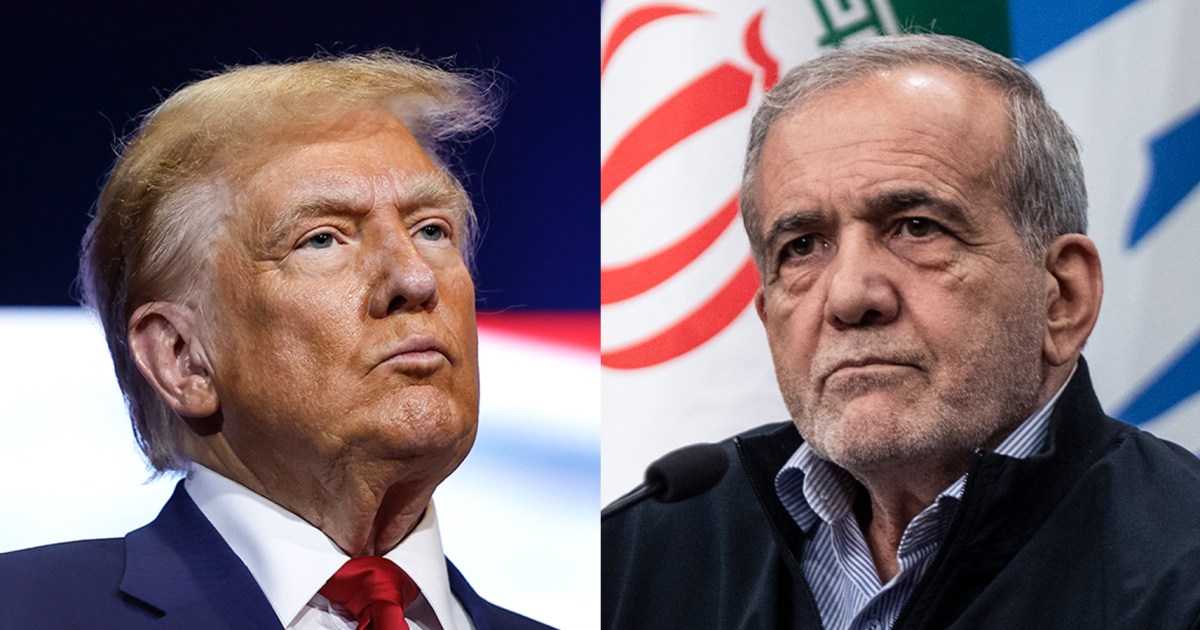Key takeaways:
- Iran has rejected direct negotiations with the U.S. regarding its nuclear program but remains open to indirect talks, as communicated through Oman.
- The history of U.S.-Iran negotiations is challenging, especially after the U.S. withdrew from the nuclear deal in 2018, leading to stalled diplomatic efforts.
- The Israel-Hamas conflict adds complexity to U.S.-Iran relations, affecting regional stability and potential future negotiations.
Iran has officially rejected direct negotiations with the United States regarding its advancing nuclear program, according to a statement made by Iranian President Masoud Pezeshkian on Sunday. This announcement marks Tehran’s first response to a letter sent by former U.S. President Donald Trump to Iran’s supreme leader. Despite the rejection of direct talks, Iran has indicated that it remains open to the possibility of indirect negotiations, with the response being communicated through the sultanate of Oman.
The potential for indirect negotiations remains uncertain, as it is unclear whether the U.S. would be willing to engage in such discussions. The history of negotiations between the two nations has been fraught with challenges, particularly since the U.S. unilaterally withdrew from the nuclear deal with Iran in 2018 during Trump’s first term. This withdrawal has led to a stalemate in diplomatic efforts, with indirect negotiations yielding little progress in recent years.
The geopolitical landscape has further complicated the situation, particularly with the outbreak of the Israel-Hamas conflict in the Gaza Strip. This conflict has seen Israel targeting leaders of militant groups within Iran’s sphere of influence, adding another layer of tension to the already strained relations between Iran and the U.S. The ongoing conflict has implications for regional stability and has the potential to impact any future negotiations.
As the situation develops, the international community remains watchful of the interactions between Iran and the U.S., particularly in light of Iran’s nuclear ambitions and the broader implications for Middle Eastern geopolitics. The path forward remains uncertain, with both direct and indirect negotiations facing significant hurdles.



Be First to Comment